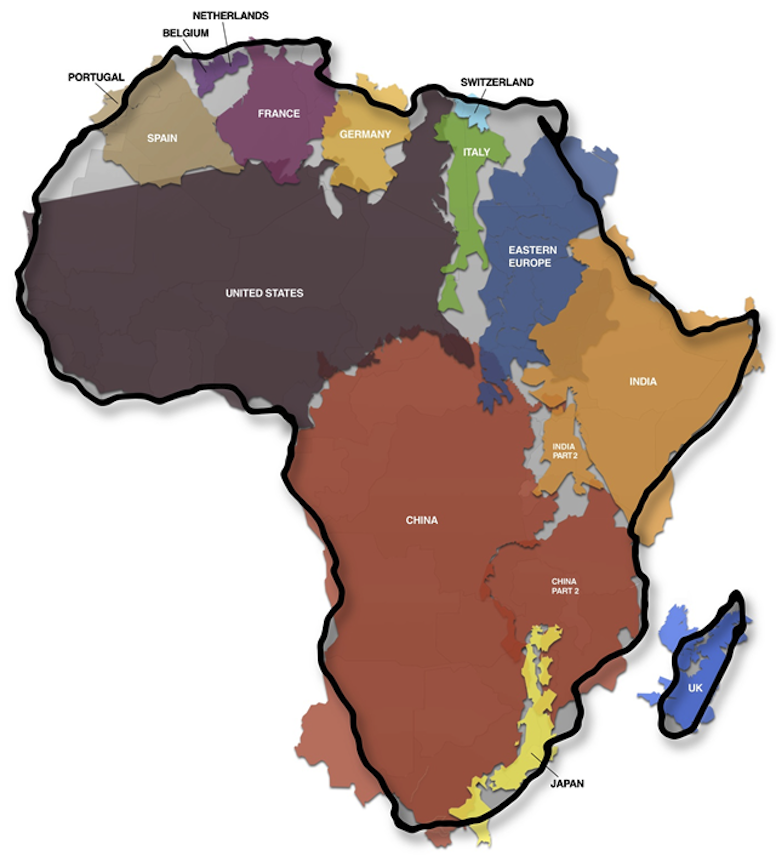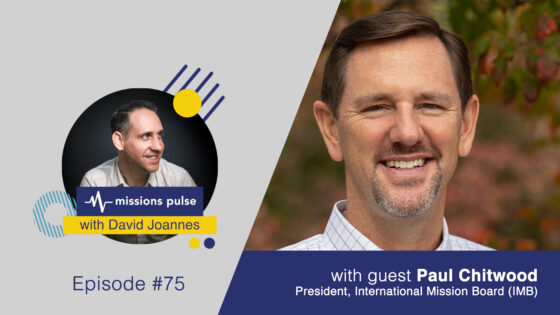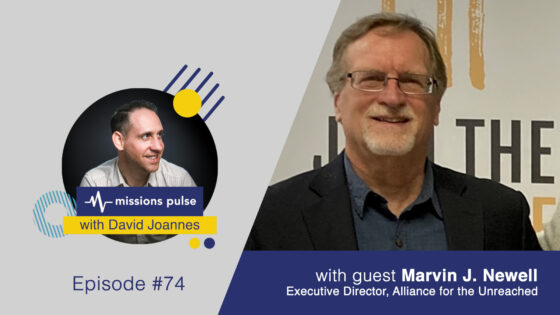This is a map of Africa. It’s probably bigger than you recall it. See the details of this map here.
Well, it’s time to add a post on the controversial and niche debate topic of topography and how it impacts mindsets, Christian outreach, and ethnocentrism.
Ethnocentricism:
“Belief in the intrinsic superiority of the nation, culture, or group to which one belongs, often accompanied by feelings of dislike for other groups.”
So, for the few of you (us) missional weirdos who dedicate special concern to cross cultural outreach strategies at geographic coordinates far off the beaten grid, you might find this article of interest.
For the rest of you normal people, feel free to ignore this post.
“The earth is round. The challenge of any world map is to represent a round earth on a flat surface. There are literally thousands of map projections. Each has certain strengths and corresponding weaknesses. Choosing among them is an exercise in values clarification: you have to decide what’s important to you. That is generally determined by the way you intend to use the map.” – petersmap.com
As an example, I will use the map above. It is amazing to me that the size of Africa appears so small on popular world maps. But this post is not about Africa. It’s about how ethnocentrism has subliminally shifted our mindset about the value of people worldwide. It’s about a mindset that pervades all of our lives, namely and subtly, that “we are better than them.”
“But I would never think that,” you respond. Yet secretly (and publicly through our daily actions and social concern—or lack thereof!), we all do.
When natural disasters and terrorist acts occur on American soil, we resonate more deeply than those that take place in foreign nations—usually on a more consistent and in an acutely horrendous dimension. We are made to feel bad for not tweeting about New York floods or the Boston bombing, but somehow miss the memo on floods in China and the Philippines. We are not nearly as enamored and distraught about the ongoing terrorism and ethnic genocide taking place in Myanmar.
“Sometimes our western arrogance hinders us from growing in maturity and compassion for peoples yet to hear about Jesus. We have to be careful of our own ethnocentricity.” – Pastor Jonathan Vickers, House of Praise, Chiang Mai, Thailand
 How on earth could I downplay disaster in any part of the world? That’s not what I am trying to do at all. What I am asking is, are we moved by compassion for people—people who may or may not be from our own city, state or country?
How on earth could I downplay disaster in any part of the world? That’s not what I am trying to do at all. What I am asking is, are we moved by compassion for people—people who may or may not be from our own city, state or country?
Here’s a picture of Jesus’ response: “When he saw the crowds, he had compassion on them because they were confused and helpless, like sheep without a shepherd. He said to his disciples, ‘The harvest is great, but the workers are few. So pray to the Lord who is in charge of the harvest; ask him to send more workers into his fields.’”
This thought was featured in “The West Wing,” but map dishonesty is anything but fictional. Check out this clip to get an accurate look at how maps change mindsets.
“What do maps have to do with social equality, you ask? In our society, we unconsciously equate size with importance and even power. When third world countries are misrepresented, they’re likely to be valued less.”
So the next time you look at the map of the world, whisper a little prayer. Something like this:
“God, give me care, concern and compassion for people around the world who are in the midst of struggle and calamity. Help me to see them through your eyes. Help me to put wheels on my empathy, and find ways to bless the people you love—those from every nation, tribe, people and tongue.”
This post was inspired by We Have Been Misled By An Erroneous Map Of The World For 500 Years



